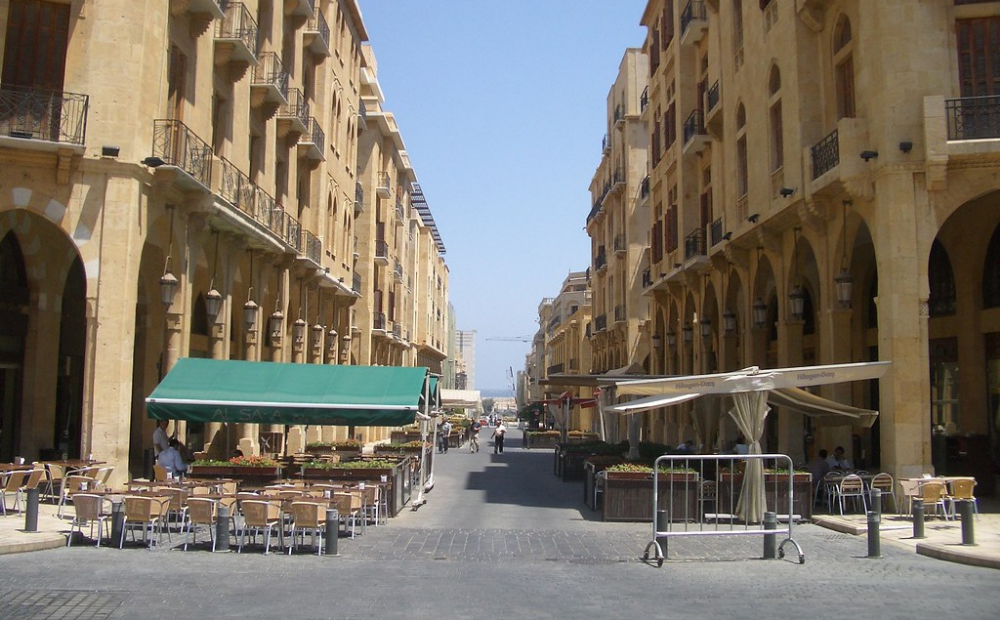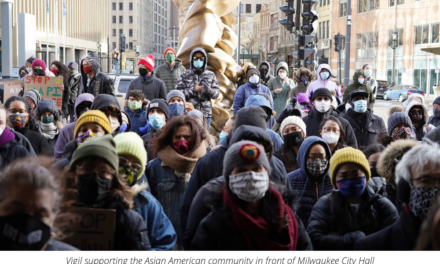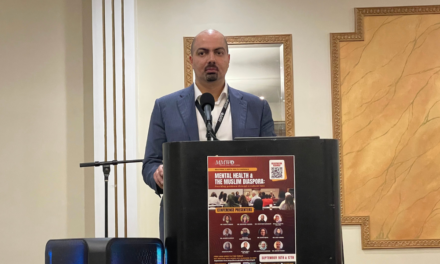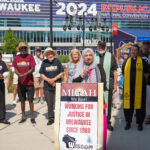Once a center of high-end boutiques and expensive restaurants, Beirut’s Downtown is empty today.
Photo by Ben Piven is licensed under CC BY-NC-ND 2.0
“I know Afghanistan is dominating media right now but I’m kind of amazed at how little coverage the imminent collapse of Lebanon is getting. It’s also horrific albeit in a very different way.”
As I was scrolling through Twitter Wednesday, the above tweet by Columbia University Graduate School of Journalism professor Samuel Freedman caught my eye.
With so many pressing events in the news from surges in COVID-19 to natural disasters, it may be understandable that the implosion of a tiny country on the eastern coast of the Mediterranean falls out of our consciousness.
It’s been more than a year since the massive explosion in the Beirut harbor caught the world’s attention.
More than 200 people died and hundreds of thousands were left homeless. It appeared to be the final blow accelerating the country’s downward spiral.
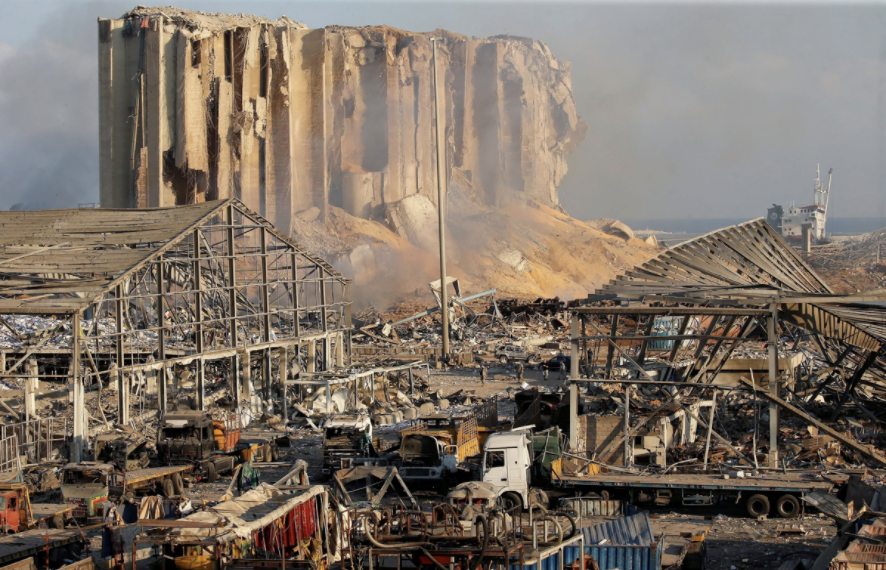
Beirut’s damaged port. Photo by Hassan Ammar/Associated Press
My social media feeds remind me that people in Lebanon are suffering and feel forgotten. I see posts from former students and colleagues in Lebanon where I taught journalism at Rafik Hariri University for seven years.
What I’m seeing online
Friends post photos at sunrise of themselves in line at gas stations for hours-long waits. Others say they are out of work because there is no electricity. A photo from Tripoli, Lebanon’s second-largest city, shows a dark city at night where few have fuel for their private generators and municipal electricity is minimal.
A friend who teaches English at the American University of Beirut lamented in April that she could not find all the ingredients to bake a birthday cake for her daughter.
She also commented on Lebanon’s rising crime: “This is the second time it happens to me: I walk up to an ATM, and two people walk up behind me pretending to stand in line. I then punch in a high number, so the machine declines my withdrawal. They seem to recognize the beep, for they leave right after. This is all in broad daylight. The desperate times we have reached.”
Last week she posted: “Took my mother to get vaccinated, got stuck in traffic, and did not make it back in time to charge my laptop a bit and do some work before the electricity goes out. No charge. No work. No AC. No Wifi. No power. No government. No fuel. No medicine. No essentials. NO idea why I am still here.”
Someone posted a photo of the packed lobby of the Beirut airport Wednesday with this comment: “Beirut Airport’s departures area is chaos, complete gridlock in every direction. Summer is always busy, but this time everyone has their kids, pets and at least 6 or 7 suitcases with them. Serious exodus vibes.”
A follow-up said: “For those asking why all these people are leaving Lebanon; because the country is collapsing. The currency has lost more than 90% of its value and no essential commodities and services are available – no fuel, electricity, water, bread, medicines, cooking gas …”
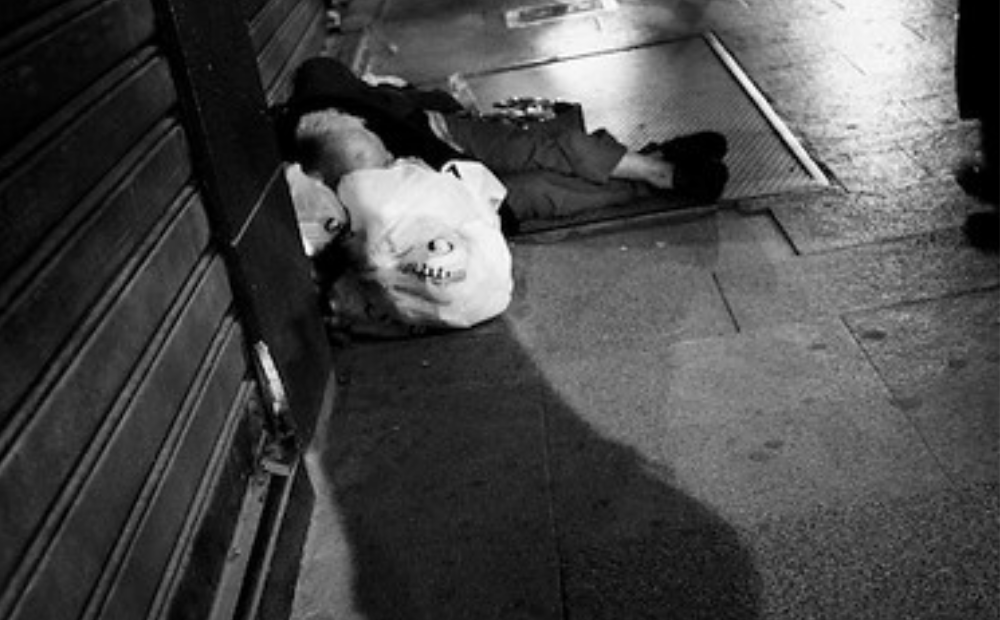
News stories reveal more hardships. An Associated Press report from June includes photos of elderly Lebanese sleeping on Beirut’s sidewalks and explains that “with virtually no national welfare system, Lebanon’s elderly are left to fend for themselves amid their country’s economic turmoil … Now in their old age many have been thrown into poverty by one of the world’s worst financial crisis in the past 150 years.”
Last week the American University of Beirut Medical Center announced it “is facing imminent disaster due to the threat of a forced shutdown … as a result of fuel shortages. This means that ventilators and other lifesaving medical devices will cease to operate. Forty adult patients and 15 children living on respirators will die immediately. One hundred and eight people suffering from renal failure will die poisoned after a few days without dialysis. Hundreds of cancer patients, adults and children will die in subsequent weeks and very few months without proper treatment.”
AUBMC’s crisis results from shortages in drugs and medications, medical supplies, and “the more recent scandalous electricity cuts and impossibility of electricity production with no meaningful fuel deliveries for days,” the announcement states. Other hospitals are shutting down and turning away patients.
Al Jazeera reported this week that “Lebanon is about to run out of water.” Today international news outlets report that cancer patients can’t find the medicines they need and have taken to protesting. “One year after the port explosion, Lebanon is on its deathbed,” one headline concludes.
Private messages come in with personal requests: lists of medications people can’t find and questions about job opportunities outside Lebanon. Some simply say, “Pray for Lebanon.”
“Hospitals are a day away from running out of electricity and 70% of the country is about to have no access to water. As humanitarian crises go it doesn’t get much worse outside of a massive earthquake or genocide,” Freedman’s Twitter thread concludes.
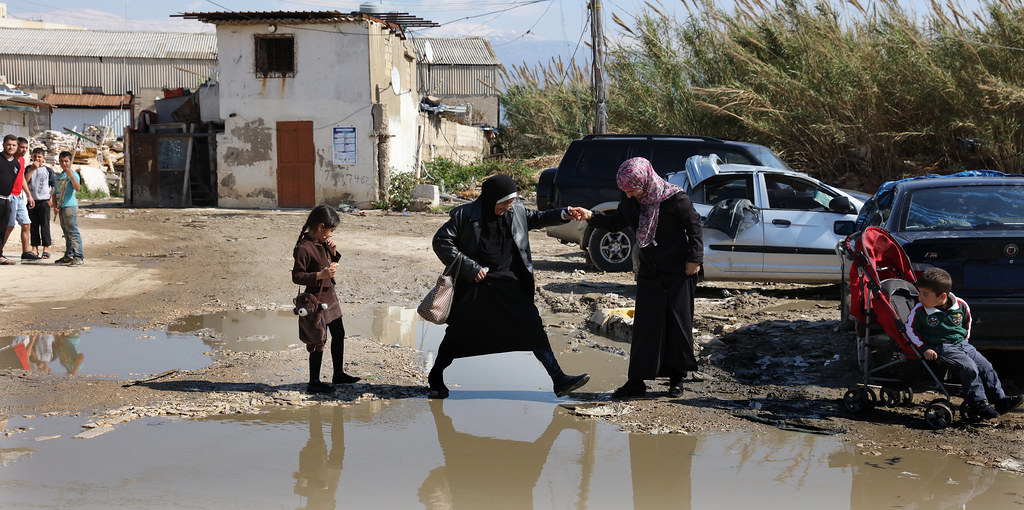
“Lebanese and Syrian families in Tripoli, Lebanon” by World Bank Photo Collection is licensed under CC BY-NC-ND 2.0
How did this happen?
When I moved to Lebanon in 2009, downtown Beirut featured high-end boutiques and pricey restaurants that catered to tourists from the Arabian Gulf. Expensive sports cars cruised the streets and the mood was buoyant. Unlike much of the rest of the world at the time, Lebanon was enjoying its third year of economic growth. The arrival of foreign visitors was up almost 30% from the year before.
Now Lebanese cannot meet even their most basic needs, including electricity, water, food and medical care. A new report from the World Bank says, “Lebanon is enduring a severe and prolonged economic depression … that is likely to rank in the top 10, possibly top 3, most severe crises episodes globally since the mid-nineteenth century. In the face of colossal challenges, the continuous policy inaction and the absence of a fully functioning executive authority threaten already dire socio-economic conditions and a fragile social peace with no clear turning point on the horizon.”
The World Bank report explains that for over a year and a half, Lebanon has been facing compounded challenges: its largest peace-time economic and financial crisis, COVID-19 and the Port of Beirut explosion.
The country is in what the report calls “The Deliberate Depression” that has resulted from inadequate responses by Lebanon’s leadership to these challenges. The reasons for these inadequate responses are not due to knowledge gaps or lack of quality advice, it says. Rather, they stem from two causes: 1) a lack of political consensus over effective policy initiatives and 2) “political consensus in defense of a bankrupt economic system, which benefited a few for so long.”
The effect on the ground is that rising prices and devaluation of the currency have made basic necessities beyond the reach of most Lebanese people.
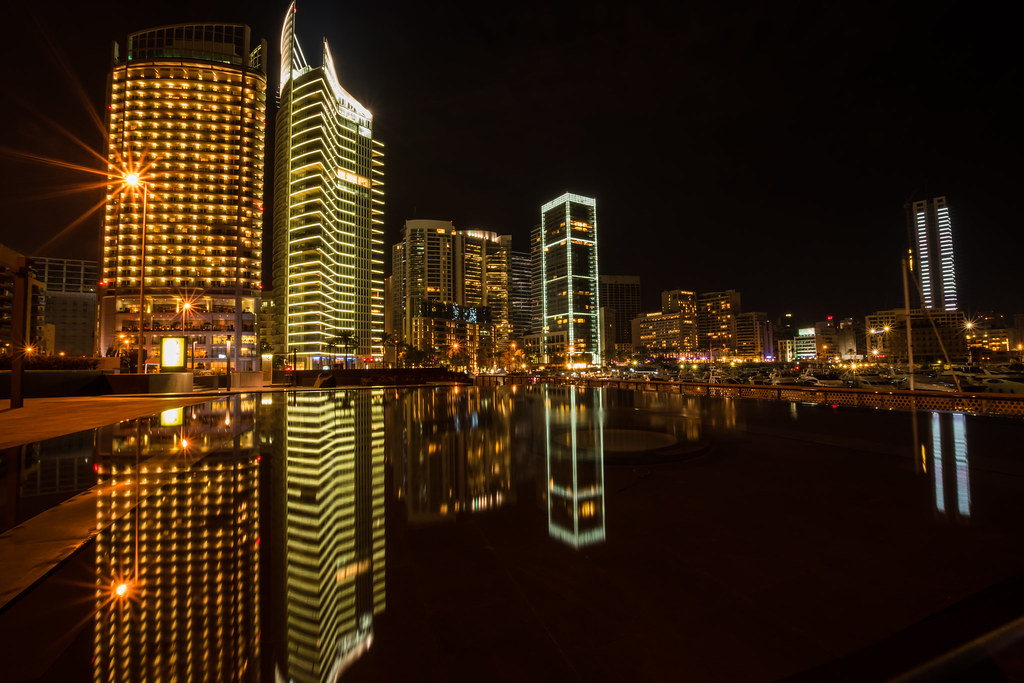
To make matters worse, a lack of social protections means millions are plunging into poverty and desperation, say members of an expert panel that held a virtual conversation Thursday, organized by the Tahrir Institute for Middle East Policy. TIMEP is a non-profit that “centers localized perspectives in the policy discourse to foster transparent, accountable and just societies in the Middle East and North Africa.” Headquartered in Washington, D.C., it has a network of partners and fellows based both in the MENA region and across the world.
Thursday’s panel included Adib Nehmeh of the Arab NGO Network for Development (ANND), Dr. Marie-Noelle AbiYaghi of Lebanon Support and Nabil Abdo of Oxfam International.
The panel described the multiple crises plaguing Lebanon that have laid bare the very weak and fragmented social protection system where accessing healthcare is a privilege for the few and the inadequacies of the pension system force many to continue working after retirement. The National Social Security Fund, which covers around one-third of the population, suffers from poor mismanagement and the financial crisis, they added.
“As many as 73% of households earn less than the equivalent of $166 USD a month,” said Nehmeh, referring to 2019 statistics. “We are not talking about a small percentage of the population. Three-fourths of the population need assistance right now,” he said.
“For the middle class, there has been a dramatic change in the way they live, a complete transformation in the way of life. This is leading to a total transformation of the country.
“And people who are poor are getting poorer.”
The panel discussed how Lebanon’s political economy, which has historically led to extreme socioeconomic inequalities, contributed to today’s tragic situation.
Although many Lebanese blame their woes on “corruption,” Nehmeh said what has happened in Lebanon goes “way beyond the simple label of corruption.” He said it is purely a “spoils” system, where the powerful are taking money and resources.
“They are not a ruling class, which implies common interest. They are just mafia, criminals who have power and rule everything. They are quarreling among themselves.”
See the panel discussion here.
